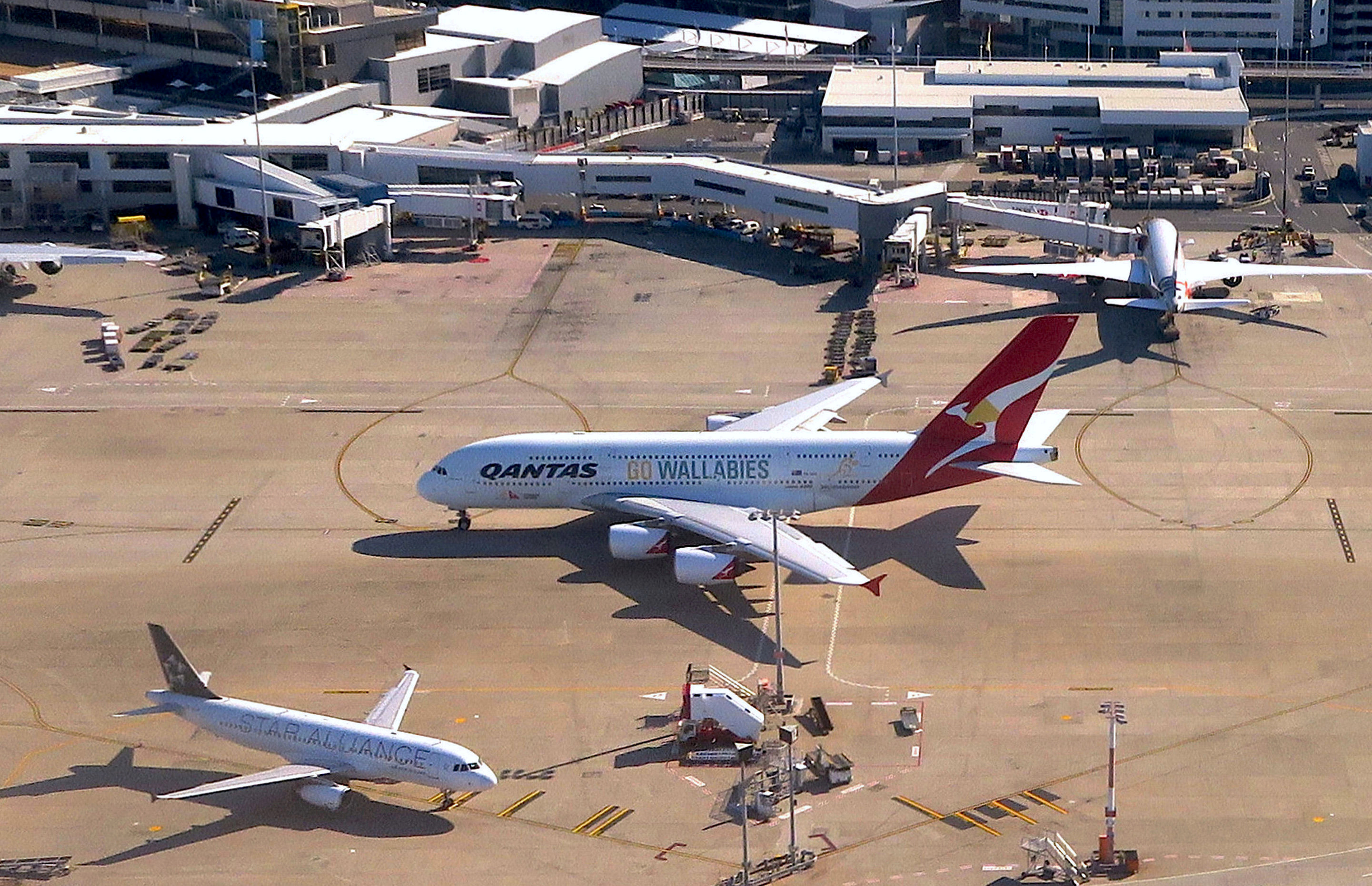
Australia has introduced COVID-19 testing for travellers from China despite the country’s top medical official advising against the move, a newly released letter shows.
In a letter sent to Health Minister Mark Butler on Saturday, Australia’s Chief Medical Officer Paul Kelly said he did not believe there was a public health justification for introducing new travel requirements for arrivals from China.
Kelly said Australia’s high level of vaccination and prior infection, and the fact that the BF.7 Omicron subvariant that appeared to be driving cases in China was already circulating in the country, among other reasons, meant there was not “sufficient public health rationale” for new travel rules.
There was a “strong consensus” among health officials in the Australian states and New Zealand that restrictions on travel from China would be “inconsistent with the current national approach to the management of COVID-19 and disproportionate to the risk,” he said.
Kelly recommended that, instead of travel restrictions, the government consider expanding wastewater testing, introducing volunteer sampling for international arrivals, and improving follow-up of people who test positive for COVID-19 and have a recent history of overseas travel.
Despite the advice, Butler announced the following day that travellers from China, including Hong Kong and Macau, would be required to produce a negative COVID result within 48 hours of travel.
Butler said he made the decision “out of an abundance of caution, taking into account the dynamic and evolving situation in China and the potential for new variants to emerge in an environment of high transmission”.
Butler said at the time he had been “briefed extensively” by Kelly but did not go into details about the nature of the advice he received. Butler has since defended the measures as “very modest” and a “balanced decision”.
Kelly’s letter to Butler was released on the website of Australia’s Department of Health and Aged Care late on Monday night.
Australia’s move followed the introduction of similar measures by the United States, the United Kingdom, South Korea, India, Japan, Taiwan, Italy, France and Spain.
Canada on Saturday also announced it would begin testing arrivals from China from January 5.
Authorities have pointed to concerns that surging cases in China following Beijing’s dismantling of its tough “zero-COVID” policy could lead to the emergence of new and more dangerous variants.
Some health experts have criticised the testing requirements, arguing they will do little to stop the spread of new variants and risk stoking xenophobia.
China has criticised the testing rules as “unnecessary”, while Chinese state-run media has blasted the measures as “unfounded” and “discriminatory”.
China is set to lift its mandatory quarantine for arrivals from January 8 after three years of strict border controls, but will continue to subject all arrivals to COVID testing.







